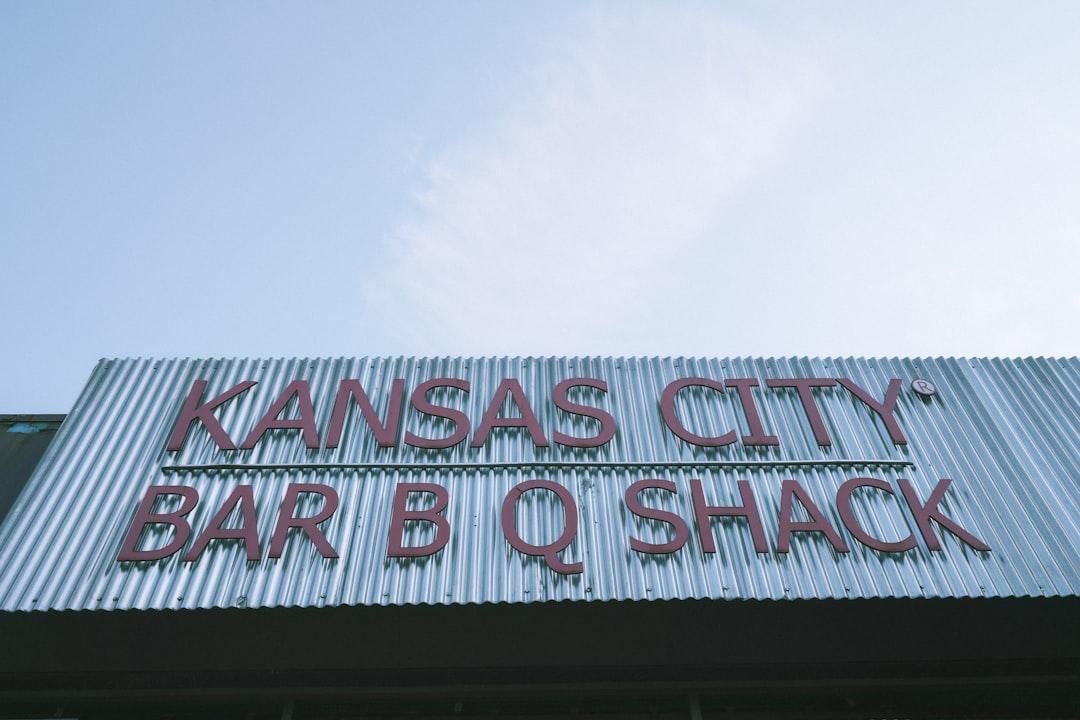Kansas has witnessed a significant transformation in its approach to sports betting over the past few years—a shift that resonates not just with local businesses and regulators but also with the broader campus community. As legal sports betting steadily reshapes the state’s economic and social landscape, Kansas residents and students alike find themselves navigating new opportunities and challenges.
This evolution, characterized by strict regulatory frameworks and a commitment to responsible gaming, prompts a closer look at how sports betting fits into both the local economy and collegiate culture. The growing debate—balancing economic innovation with ethical oversight—has become a central issue in community discussions.
Navigating the Regulatory Landscape
In Kansas, legal sports betting is no longer a fringe topic but a matter of regulated commerce that involves state monitoring and detailed fiscal planning. State authorities have implemented robust oversight measures to ensure betting activities operate within legal parameters. The establishment of stringent licensing processes and the formulation of specific tax structures underscore the state’s commitment to both revenue generation and consumer protection. These regulatory changes have provided clarity for operators and bettors, ensuring that the industry develops in a responsible and transparent manner.
The emphasis on regulation has also sparked extensive debate among policy experts, local officials, and members of the university community. Some view the structured framework as a necessary step to protect vulnerable populations and maintain fair play in sports, while others remain cautious about the societal impact of gambling. As these discussions continue, Kansas’s approach has drawn attention not only for its economic promise but also for its role in setting national standards for legal sports betting.
Economic Impact and Community Perspectives
As the legal sports betting market begins to carve out its niche in Kansas, the economic implications are becoming increasingly evident. Local businesses, from retail outlets to entertainment venues, are experiencing shifts that reflect the broader integration of betting into everyday commerce. For individuals interested in exploring this emerging field safely and effectively, Kansas Bet offers detailed guides and expert insights that help both newcomers and experienced bettors navigate the regulated landscape.
This emerging legal framework is also stimulating discussions on campus and within the Manhattan business community. Think tanks and student-led debates have considered the potential implications of regulated betting; some argue that it may pave the way for innovative economic development projects while providing practical lessons in legal and fiscal policy. Such debates have enhanced understanding of the intersection between sport, commerce, and community responsibility. In this evolving environment, the dialogue remains nuanced, reflecting a blend of cautious optimism and critical scrutiny that is essential for balancing opportunity with social well-being.
These discussions inform both policy decisions and community initiatives.
Over the past fiscal cycle, the economic benefits of licensed sports betting have been underscored by detailed financial analyses. For instance, the state budget narrative for the Kansas Racing and Gaming Commission provides an in-depth look at the licensing structures and projected tax revenue allocations that support public programs. Such documents highlight how regulated sports betting not only creates new revenue streams but also funds essential state services. This dual objective—economic development combined with social responsibility—remains central to the state’s policy approach.
Community response to these developments has been mixed yet constructive. Local advocates stress the importance of transparency and caution, urging that the economic gains should be balanced with ongoing efforts to prevent problem gambling. University forums and public meetings have increasingly featured discussions that weigh the financial upside against the need for regulatory vigilance. In many cases, the community’s perspective aligns with the view that, when properly managed, legal sports betting can serve as a catalyst for both economic growth and enhanced public welfare.
Responsible Engagement and Future Outlook
Looking ahead, the focus on responsible engagement in the sports betting sector is likely to intensify. The conversation now extends beyond profitability to encompass consumer education and ethical practices. As society adapts to this new form of entertainment and revenue generation, a number of initiatives are emerging that emphasize the need for responsible betting, transparent operations, and ongoing monitoring by state agencies.
This balanced approach is reflected in recent data; a recent revenue trends analysis has indicated robust year-over-year growth in the Kansas sports betting market. These figures not only signal strong consumer interest but also underline the critical importance of maintaining safe and fair betting practices. As new market entrants and technological innovations continue to reshape the industry, responsible regulation will serve as the backbone of sustainable growth.
Moreover, the evolving nature of sports betting is interwoven with broader cultural shifts on campus. Collegiate journalism plays a pivotal role in informing the community about both the benefits and risks associated with these changes.
A recent piece titled Inside the Mind of Jerome Tang offers insights into the strategic thinking behind contemporary sports narratives, linking athletic excellence with broader market trends. This type of reporting not only enriches campus discourse but also exemplifies the traditional role of student media in facilitating informed public debate. Such comprehensive coverage contributes significantly to the campus dialogue.
As Kansas moves forward, the interplay between emerging economic opportunities, regulatory safeguards, and collegiate culture will be critical to monitor. Initiatives that promote consumer education and encourage transparency are likely to dominate discussions in both boardrooms and campus forums. This ongoing dialogue will help ensure that sports betting remains a well-regulated, ethically managed industry that contributes positively to both local economies and community well-being. With continued collaboration among policymakers, industry experts, and citizen advocates, Kansas’s legal sports betting market is poised to become a model of balanced growth—integrating innovation, responsibility, and a nuanced understanding of its impact on everyday life.
























































































































